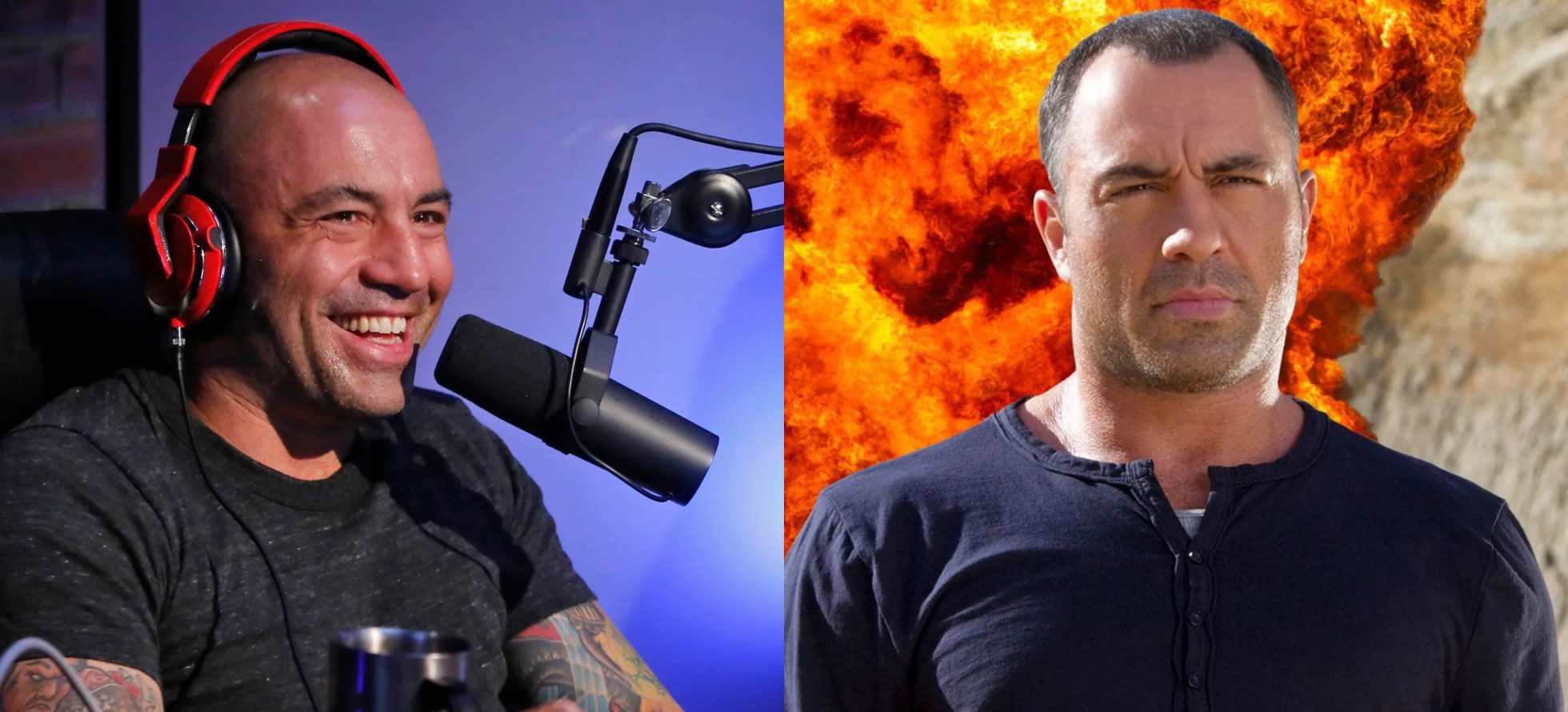Joe Rogan has built a media empire worth hundreds of millions through hosting Fear Factor and conducting podcast conversations, yet he recently found himself critiquing modern celebrity culture where people achieve fame without any discernible skills.
During a conversation with country music star Miranda Lambert on a recent episode of The Joe Rogan Experience, the irony wasn’t lost on listeners as Rogan discussed the troubling trend of people wanting to be famous “for nothing.”
The discussion emerged naturally while Lambert and Rogan explored various topics, from hunting and archery to social media’s impact on young people. When Lambert mentioned seeing a study about children who simply want to be famous when they grow up, Rogan seized on the point.
“Famous for what?” he questioned. “Like you just want to be famous but what what skill or what trade or what like what do you just famous?”
Rogan pointed to Kim Kardashian as a prime example of this phenomenon, noting she’s “one of the most famous people alive” despite not having a particular talent or skill. “There’s not like a thing like we could point to, oh, she’s like the best, she’s the best painter, she’s the best singer. Nope. Nothing. Zero. Zero things. Super famous, worth a billion dollars.”
The critique is particularly striking coming from someone who achieved his own fame through unconventional means. Rogan rose to prominence hosting Fear Factor, a reality show where contestants ate bugs and performed outrageous stunts for prize money, before transitioning to podcasting where he essentially talks to people for a living.
While Rogan does bring decades of comedy experience and genuine curiosity to his interviews, critics might argue his path to wealth and influence wasn’t exactly through traditional expertise or artistic mastery.
Lambert, who earned her success through years of grinding in honky-tonks and developing her craft as a singer-songwriter, brought credibility to the conversation. She described starting at seventeen, “playing s**tholes with no lights,” and literally stapling posters to phone poles to promote her shows. Her journey represents the traditional path of paying dues and developing genuine talent before achieving recognition.
The conversation highlighted a generational divide in how fame is achieved and perceived. Rogan lamented that “a lot of people are dumb” and now “you can be dumb and famous and not be good at anything.” He contrasted this with previous eras when fame typically required exceptional skill in athletics, music, or another field. Even if someone wasn’t particularly intelligent, they were “the greatest baseball player of all time” or excelled at something specific.
Lambert agreed, noting that her journey taught her character through struggle, but she’s “jealous of the way that people can do it now because these kids they just post something and like 100 million people see it in a night.”
She referenced the viral success of Oliver Anthony, whose song “Rich Men North of Richmond” catapulted him to fame overnight, forcing him to navigate instant celebrity after working in farm equipment sales.
Yet there’s an underlying irony throughout this discussion. Rogan himself represents a new paradigm of media success—someone who built an audience not through traditional gatekeepers but through authenticity and consistency in a new medium. His podcast success came from essentially documenting conversations rather than demonstrating a traditional entertainment skill. While he’s certainly talented at facilitating interesting discussions, it’s not entirely dissimilar to the influencer culture he criticizes.


